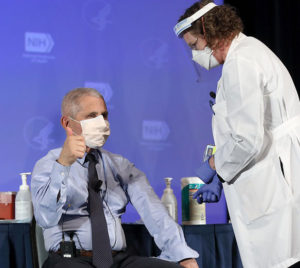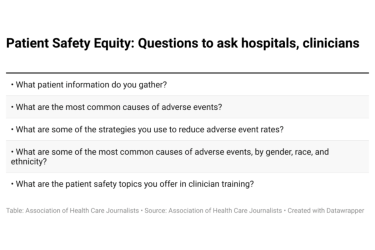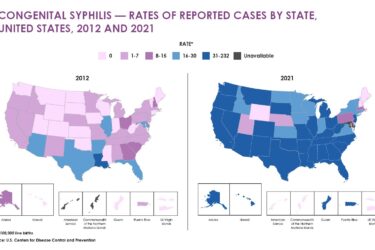
Journalists covering the COVID-19 vaccine rollout should watch out on Jan. 21 for the Ad Council’s unveiling of an advertising campaign to increase the public confidence getting vaccinated.
The nonprofit group, which led the advertising campaign to garner public support for the polio vaccine in the 1950s, plans to focus especially on communities of color, which polls show are skeptical of the vaccine.
“The Ad Council is building and mobilizing one of the biggest communications efforts in its history,” said Nick Sugai, Ad Council vice president, during a Jan. 13 media briefing hosted by the Journalism Institute at the National Press Club. The group has raised $37 million of the $50 million that it plans to spend on the advertising effort.
About 65% of Americans so far are willing to get the COVID-19 vaccine if it is offered to them at no cost, up from about 50% in September 2020, according to a Jan. 12 Gallup poll. But about 60% of those in the Black and Hispanic communities say they don’t “feel they have enough information” make an informed decision for their families about the vaccine, Sugai said.
In response, the Ad Council is partnering with civil rights, community organizations and faith-based groups “to give people the information they need to address their concerns” and hesitation they may have about the vaccine, he said.
Among the concerns most often listed: the speed at which the vaccine was developed, the individuals and the funding behind the development of the vaccine and whether the vaccine has been tested on communities of color to ensure it will protect everyone, Susan Winckler, CEO of the Reagan-Udall Foundation for the Food and Drug Administration, said of a survey her group conducted.
Public health leaders will need to diversify their outreach beyond traditional media outlets and use trusted messengers — local doctors, nurses, pharmacists, pastors, and community activists — to communicate with those skeptical of the COVID-19 vaccine more effectively, Winckler said during the briefing.
“There isn’t going to be a one size that fits all way to reach everyone,” said Jesse Holland, a George Washington University assistant professor of journalism, who participated in the. briefing. “There is going to have to be outreach to columnists and editorial boards, faith-based communities and ethnic media … The people we are trying to reach aren’t reading the New York Times or watching NBC News.”
For those who think they can enlist celebrities in the effort: “We tested who the messengers should (be to) answer questions about the vaccine and celebrities were dead last” in terms of who people would trust, Winckler said.
The Ad Council says that it is also working with the Centers for Disease Control and Prevention and the U.S. Health and Human Services department to ensure its language is “accurate” and with the COVID Collaborative, which brings together community activists, public health experts, business and science leaders.
It will be interesting to see if this ad campaign truly reaches those skeptical of the vaccines.
- For journalists who want to participate in the Jan. 21 campaign launch webinar, email Colleen Thompson-Kuhn at ckuhn@AdCouncil.org.
- To watch the video of the Journalism Institute media briefing, click here.
- And to stay top of the vaccine rollout, make sure you are subscribed to AHCJ medical studies topic leader Tara Haelle’s Twitter feed @tarahaelle and my feed: @barav. For resources to cover the COVID vaccine, see our vaccine tipsheet here.







